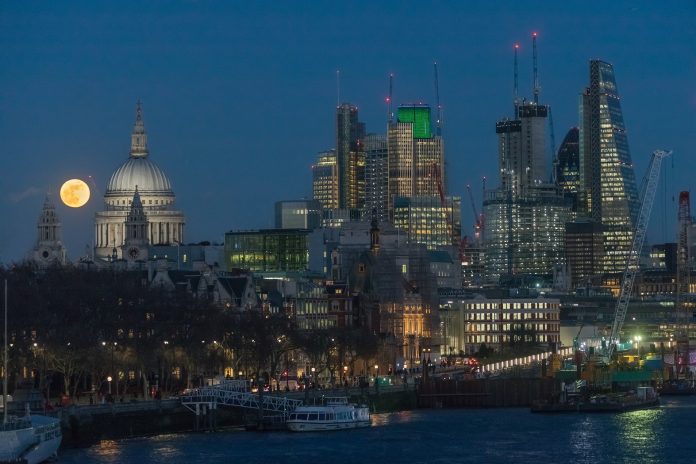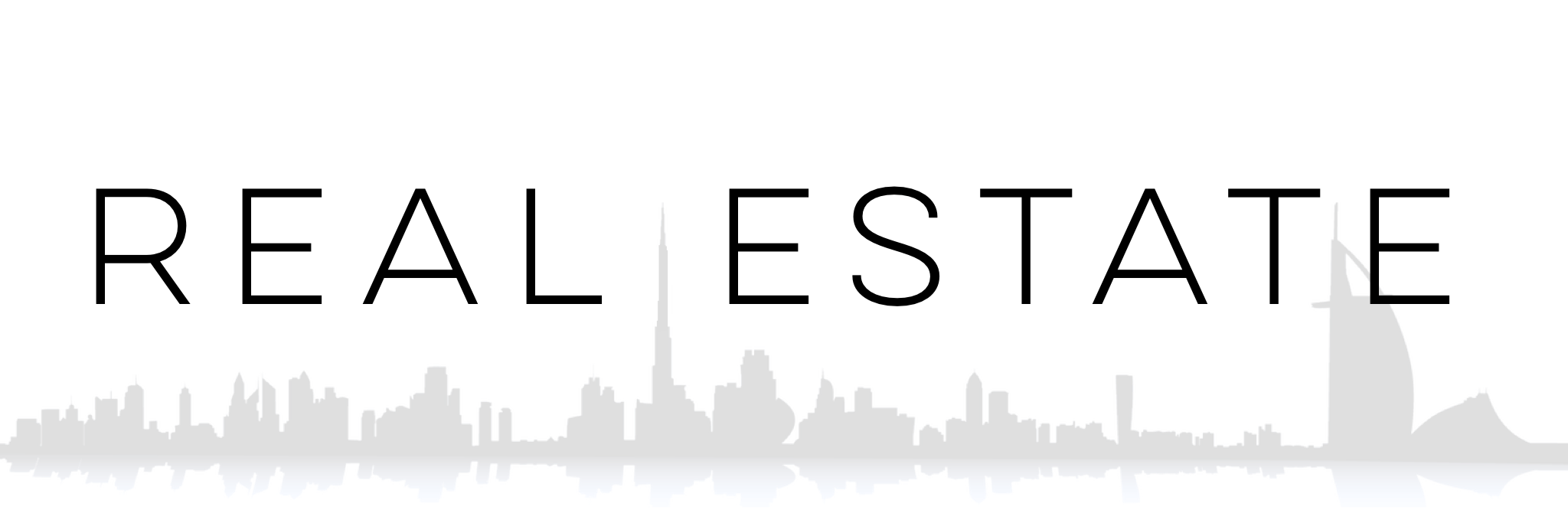[ad_1]

A combination of the coronavirus and plunging oil prices has resulted in a fall in outbound Middle East global commercial real estate investment in 2020. Covid-19 and Middle East travel restrictions have had a major impact on UK commercial real estate volumes, with Q2 investment from the region totalling £32m, its lowest level since Q3 2010.
Middle East capital flows into UK commercial real estate totalled £1.275bn in the first three quarters of 2020, buoyed by the acquisition of the London Ritz Hotel for c.£700m in March 2020 by Abdulhadi Mana Al-Hajri from Qatar.
Improving sentiment during the latter months has translated into rising investment activity, with £352m transacted in Q3, up 26% from Q3 2019.
Forecast
With the opening of travel corridors between the UK and United Arab Emirates / Bahrain in November, we are already seeing an increase in real estate demand from investors. Travellers arriving into the UK from these countries will no longer have to quarantine for two weeks, promoting opportunities for investors for when the current UK lockdown restrictions are removed in 2021.
We estimate that the year-end total transaction volume for Middle East capital into the UK is c. £1.4bn, down 6% on last year. The recent recovery in transactions seen in Q3 will unfortunately not continue into the normal final quarter rally as long income and distressed investment opportunities remain scarce.
Depending on further lockdown measures, we predict that 2021 will see a recovery in volumes to £1.6bn representing an annual rise of 14%. This reflects the anticipated improving environment as advances in Covid-19 vaccinations reach new milestones and the deployment of capital left unutilised in 2020. Investor sentiment will increase towards transacting internationally with virtual viewings and video tours becoming the “new norm”.
Where is this going to be invested?
We have been advising clients across the Middle East on the importance of geographic and sector diversification within their portfolio for the last seven years and Covid-19 has only
increased that importance. Middle East capital flows in recent years have diversified beyond London and into regional cities such as Glasgow, Cardiff, Bristol, Manchester, Edinburgh, Birmingham, and Leeds and we expect that to continue throughout 2021.
Long term office income from globally recognised tenants will continue to be the main focus for most of our clients, but we are seeing a growth in demand for new sectors too.
The rise of the logistics market has not been unnoticed. There has been an upsurge in demand for UK logistics from both Middle Eastern private investors and institutional capital seeking to increase their exposure.
Retail warehouses will be back on investors’ lists in 2021. This sector, often described as a hybrid of retail and last mile logistics, provides investors with long term leases at discounted yields to logistics.
Having recently surveyed our clients requirements for 2021, they are opportunistically exploring other sectors and we have new requirements for healthcare, hotels, data centres, student accommodation and residential.
Why the UK?
Middle Eastern investors continue to search the globe for strong yielding investments, UK commercial and residential real estate, despite recent setbacks, remains attractive. The UK has a transparent legal and accounting system combined with strong real estate investment fundamentals and long income streams.
One of the other important factors to consider for 2021 is currency. A weakened pound means that dollar-based investors, such as those in the Middle East, can still acquire property at prices up to 13% lower than they were five years ago.
Although 2020 has been volatile, we have seen liquidity in UK real estate transactions showcasing its resilience through this year’s events and reinforcing its “safe haven” status.
*Alex James, Head of Private Client Advisory, Private Office – Commercial at Knight Frank discusses ‘The Return of the Middle East investor in 2021’
[ad_2]
Source link
